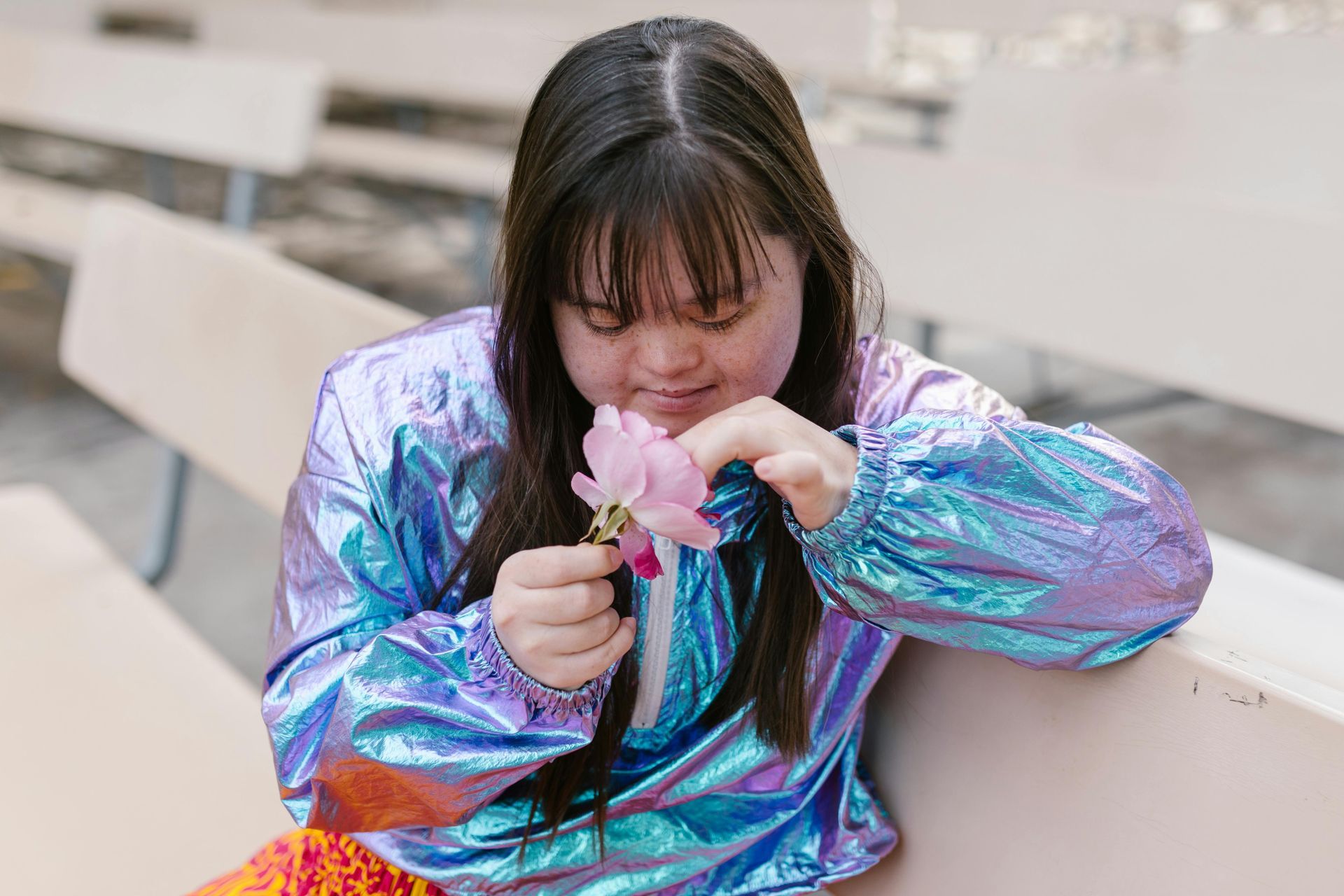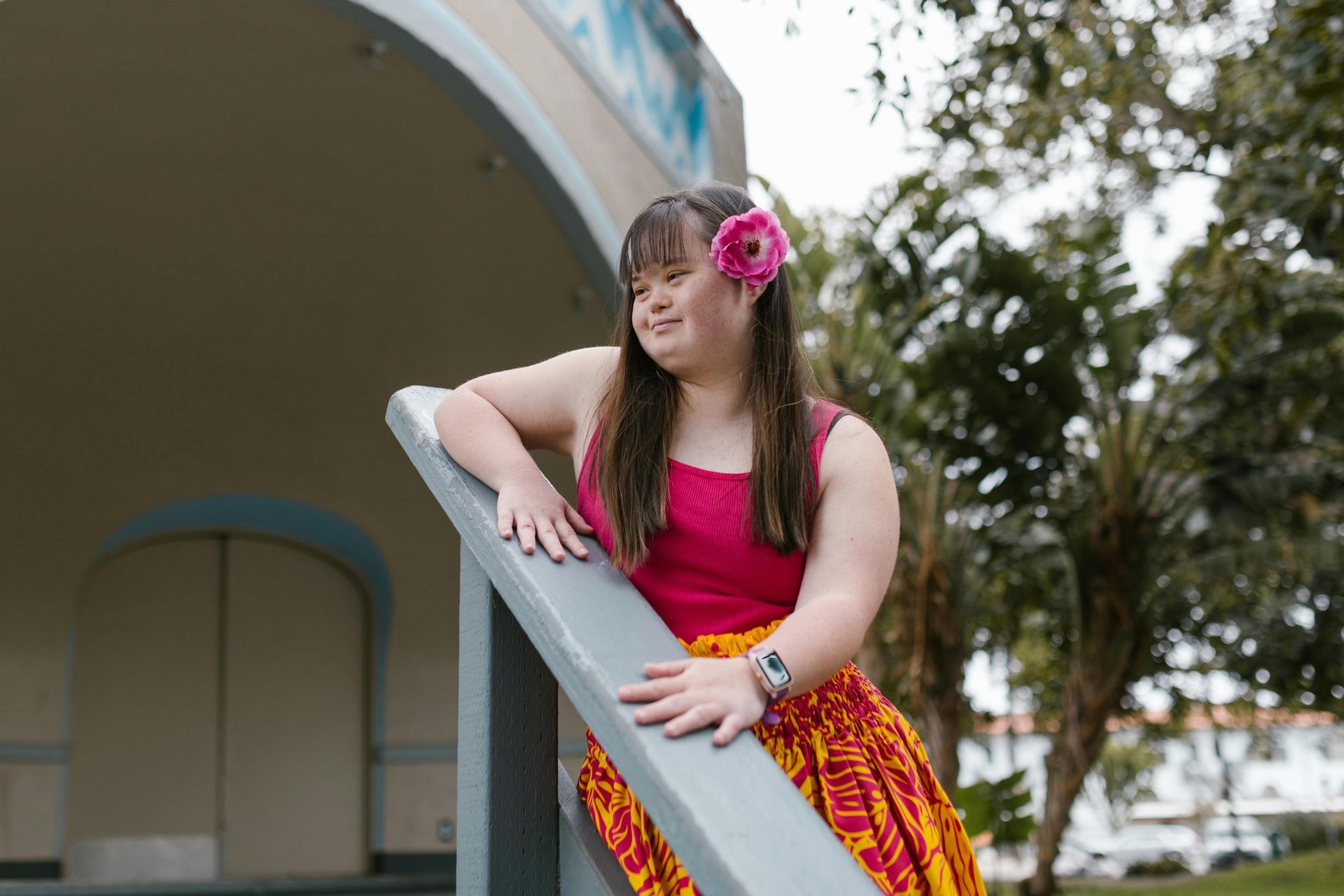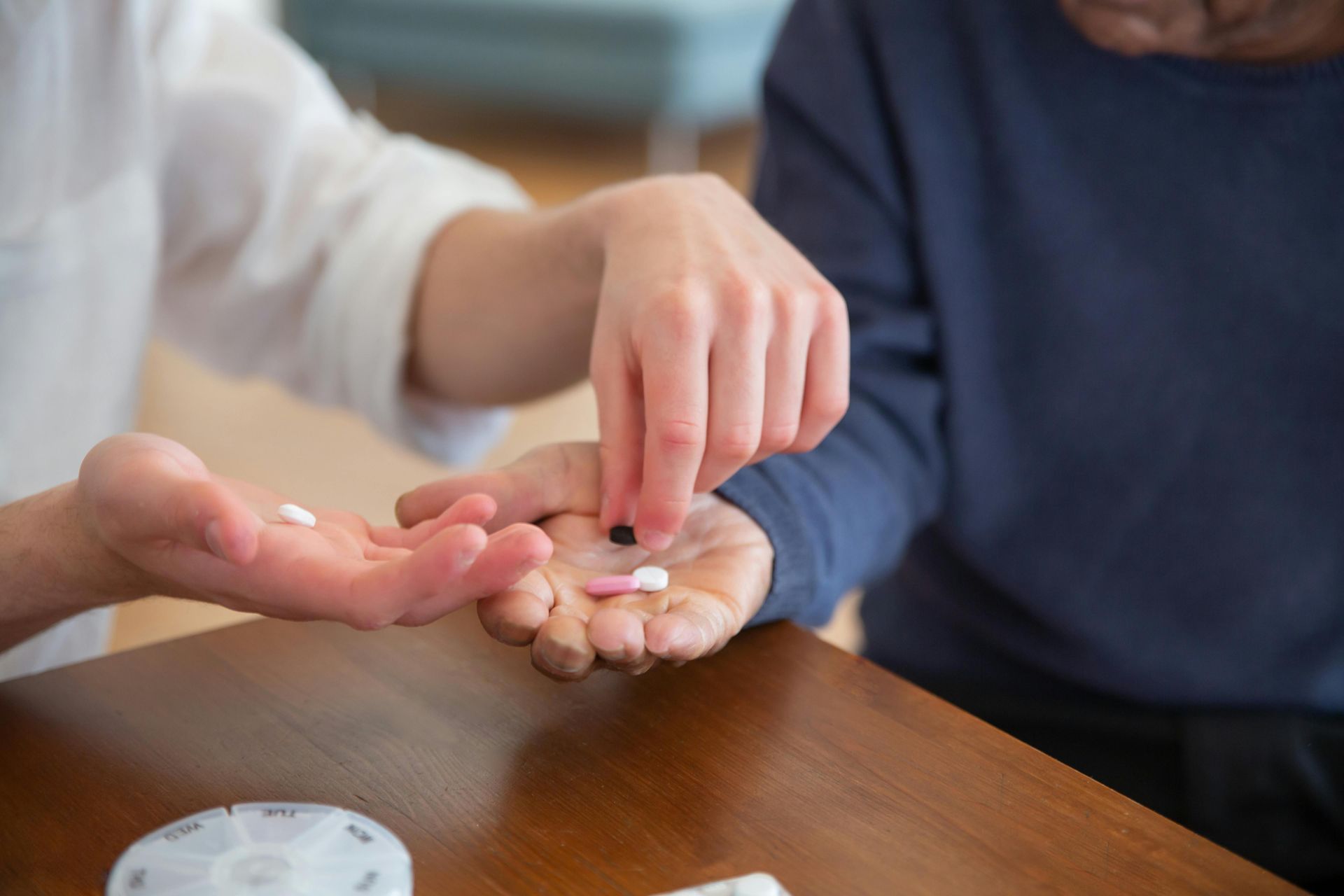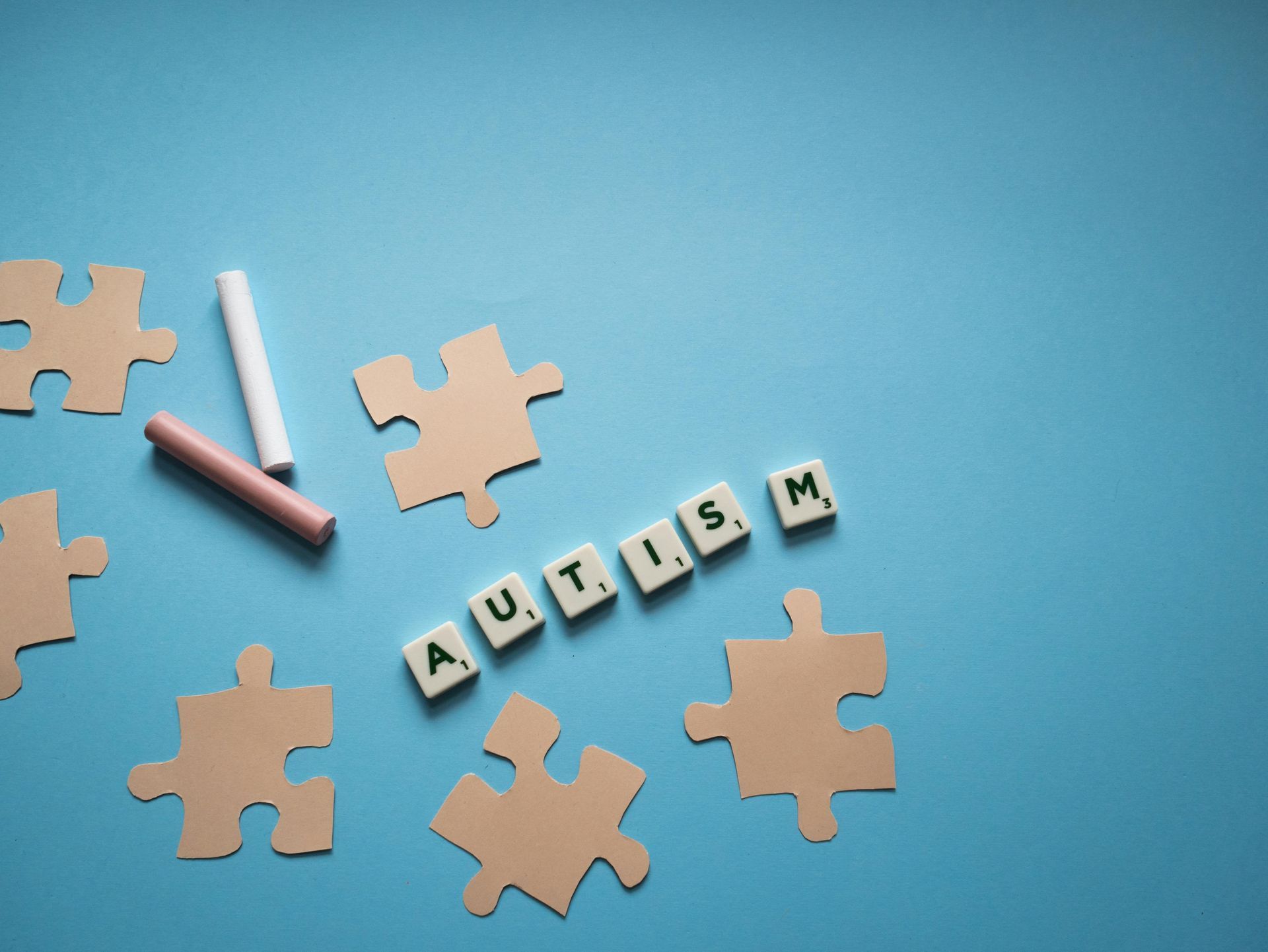Weekends are more than just a break from work—they are an essential time for the mind and body to recover, recharge, and prepare for the week ahead. In today’s fast-paced world, many people find themselves carrying stress, work obligations, and family responsibilities straight through the weekend, leaving little time for true rest. Unfortunately, this can contribute to fatigue, anxiety, and even burnout.
Why Weekend Relaxation Matters
Restful weekends play a crucial role in supporting mental and emotional health. When you dedicate time to relaxation, you allow your nervous system to reset, lower stress hormones, and boost overall well-being. Even a few hours of intentional downtime can make a measurable difference in mood, focus, and resilience.
Practical Ways to Relax Over the Weekend
- Create a Personal Ritual – Whether it’s reading a favorite book, journaling, or practicing deep breathing, having a consistent routine sends signals to your brain that it’s time to slow down.
- Unplug from Technology – Step away from constant notifications and emails. Even brief digital detoxes reduce mental overload.
- Get Outdoors – Spending time in nature—walking in a park, sitting by a lake, or gardening—has been proven to decrease stress and increase feelings of happiness.
- Move Your Body – Gentle exercise such as yoga, stretching, or a leisurely bike ride helps release endorphins that improve mood and energy levels.
- Connect with Loved Ones – Meaningful social interactions nurture emotional health and strengthen support systems.
- Prioritize Sleep – Catching up on rest restores energy and supports both physical and mental recovery.
Building Relaxation into Your Lifestyle
Weekend relaxation isn’t a luxury—it’s a necessity. Consistently scheduling time for rest can help prevent stress from compounding into larger health challenges. By viewing weekends as opportunities for restoration rather than catch-up work, you can improve both productivity and happiness during the week.
✨ Take time this weekend to unwind, recharge, and prioritize yourself—you deserve it.
To explore more on supporting mental health and well-being, visit www.globalhandsinc.com.










